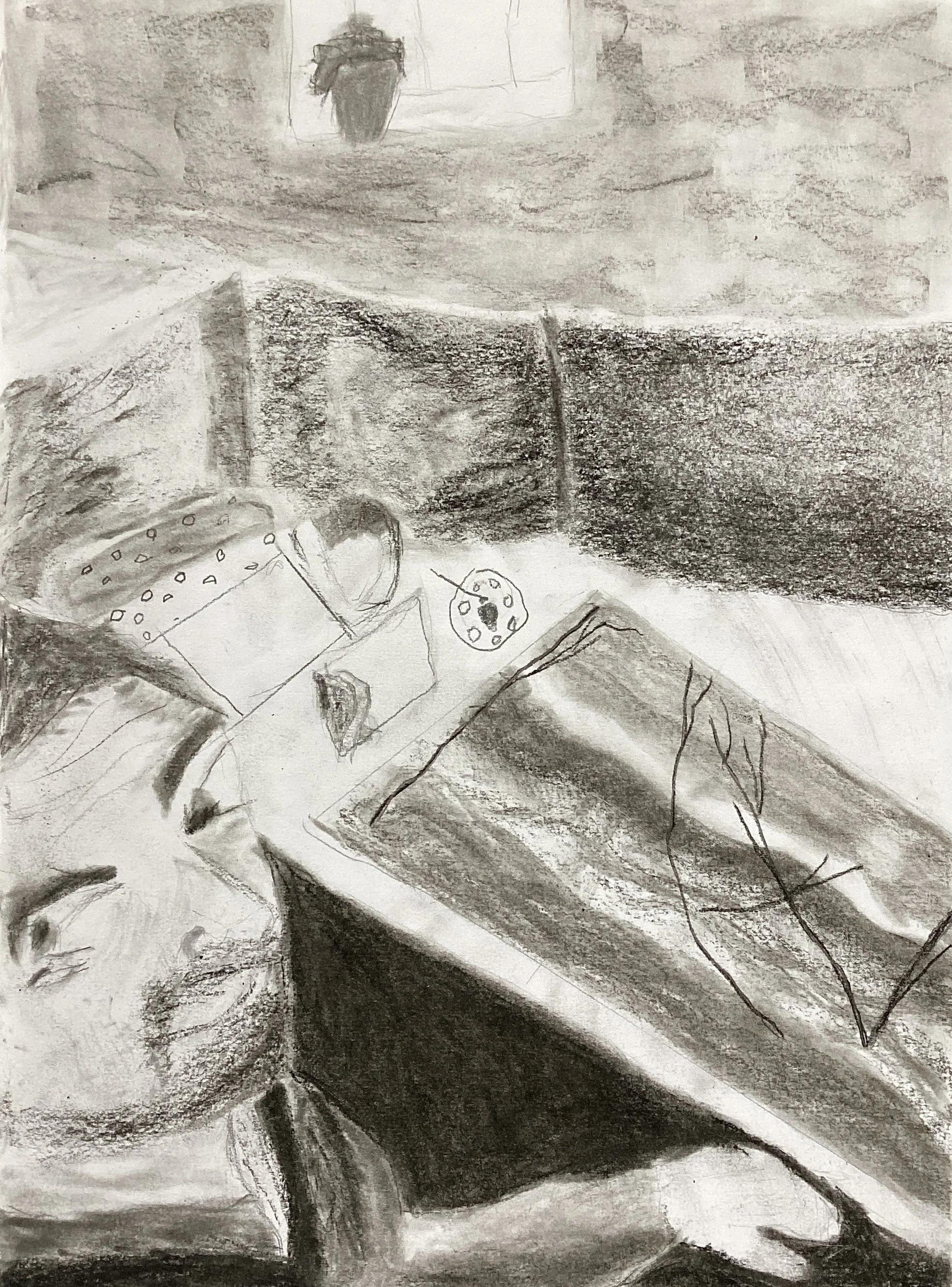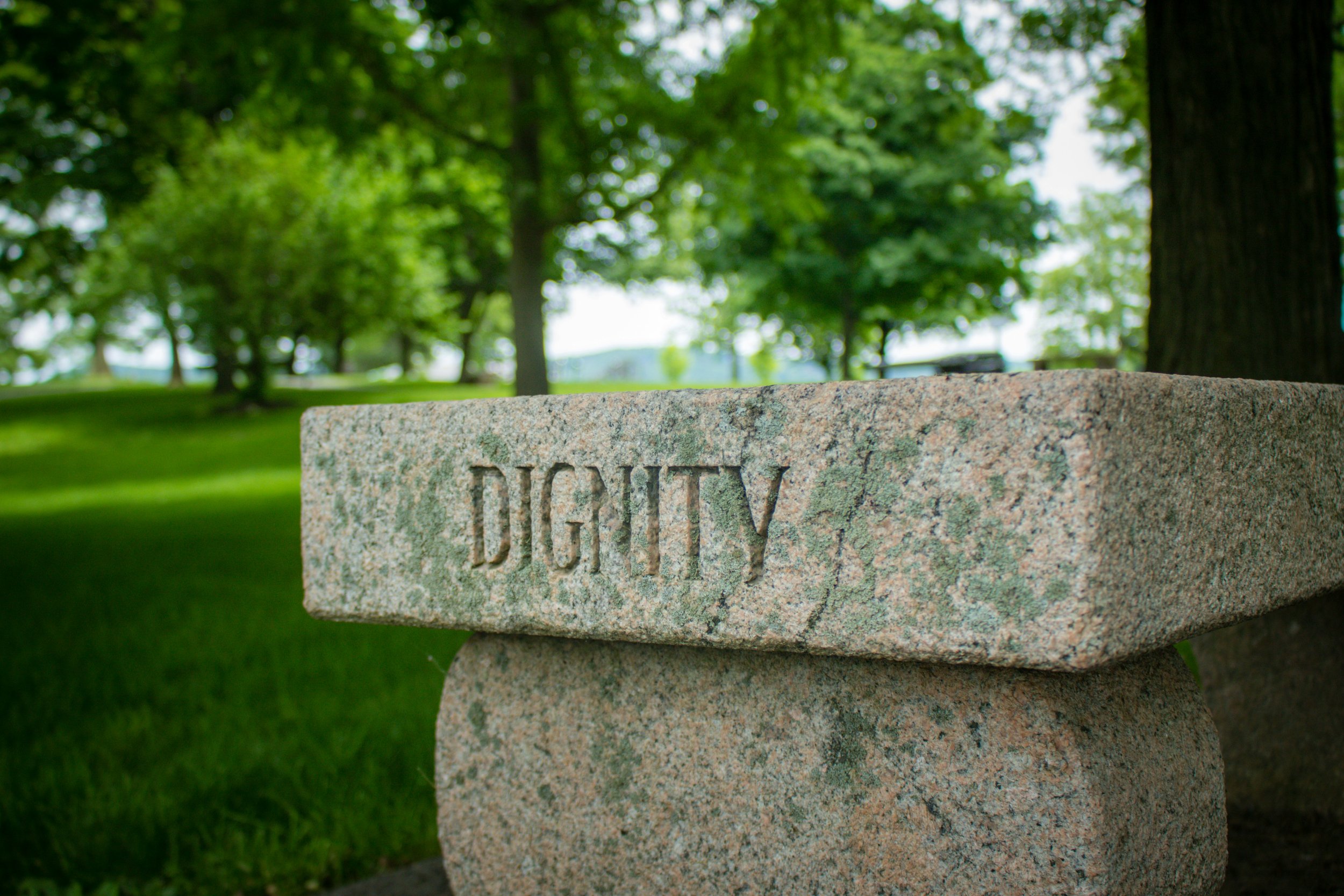Glamping - A Guest Blog About Brain Injury - by Greg Pastore
Glamping is camping only glamorous – this is camping in comfort by bringing non-essential items that fit in your car. With a car full, you can drive up to a campsite and set up a tent without keeping track of daylight. Really, this is the chief concern next to a masterful culinary creation. Making food requires no consideration for bulk and all regards for flavor (Flavor isn’t much of a concern after hiking-in with what can be carried on your back.) With a cooler full of food, a Bluetooth speaker gently played music, which romanticized the moment.
“Just Letters” A Guest Blog About Brain Injury - by Greg Pastore
It didn’t occur to me until days later that I had been in a ski accident and was totally paralyzed. A merciful doctor diagnosed me with locked-in syndrome. A blot clot formed in my neck, broke free, and entered my brain stem causing an ischemic stroke; I was lucky to be alive. He didn’t need to explain further – I was trapped in my body or ‘locked-in.’ What hope did I have to live a normal life? I’d ruminate on this until the words lost their meaning.
Navigating the Pros and Cons: Neuralink's Potential Impact on Brain Injury Survivors
In recent years, advancements in neurotechnology have opened up new possibilities for individuals with brain injuries living in Connecticut. One such groundbreaking development is Neuralink, a brain-machine interface company founded by Elon Musk. While the potential benefits are exciting, it's essential to consider both the positive and negative outcomes for brain injury survivors living in Connecticut and across the country as we delve into the realm of neural interfaces.
Avoiding the Pitfalls: The Dangers of Infantilizing Individuals with Brain Injury.
Caring for individuals with brain injuries requires a nuanced approach that respects their autonomy and dignity, which is something that The Supported Living Group (SLG) has mastered. However, one common pitfall across Conneciucts ABI Waiver Program and raised as a concern by many brain injury survivors is unintentional infantilization. Infantilization, treating adults as if they were children, can have detrimental effects on their well-being, hindering their recovery and quality of life.




